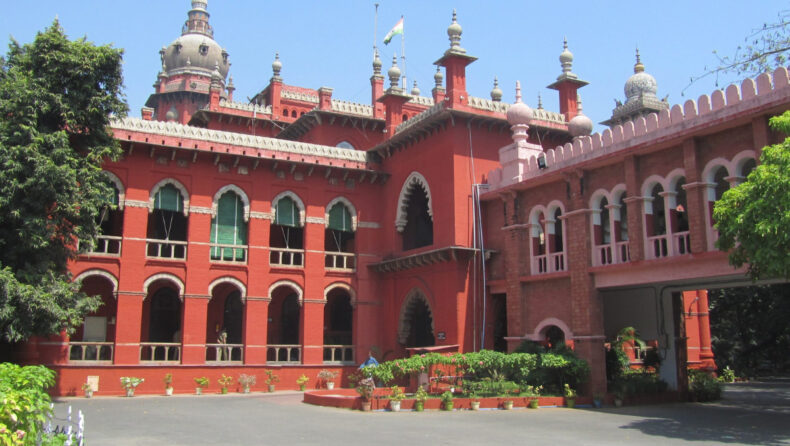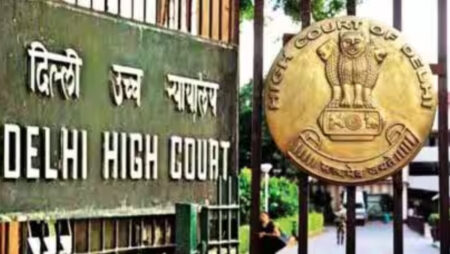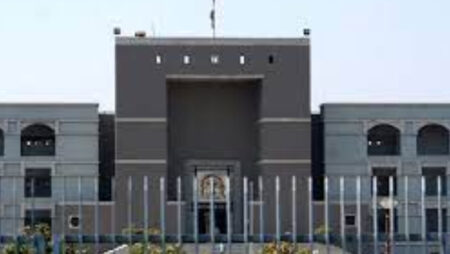On Wednesday, The High Court of Judicature at Madras pronounced a judgment directing the medical college authorities to deposit the fees collected as donations from the students, in the joint account of authorities. This case was filed under the Article 226 of the Constitution praying for a writ of mandamus.
In furtherance to such declaration, the court observed and ordered that the aforementioned sum may be used as a special scholarship to cover tuition costs for more deserving applicants who will be admitted to the one-year M.B.B.S. degree programme beginning in the academic year 2024–2024 at any Government or Private Colleges in the State of Tamil Nadu.
The court also said that Since the third respondent College’s admissions process violates the declared law and a significant sum of money was spent or paid as a one-time payment, also known as a donation or capitation fee, to secure admissions on behalf of these petitioners, and for such a narrative the petitioners or their parents had also agreed upon, merit has not been given a chance in making the admission of these petitioners as held above. These petitioners and their parents. These petitioners and their parents.
Facts of the case
The case was filed by students who were admitted to the Medical College in stray vacancies on the last date of admission. Thereafter, at the time of the First-year examination, the university denied the hall tickets to the petitioners. Instead of the same, the petitioner filed this petitioner praying for the issuance of the writ to issue hall tickets to 9 students.
This petitioner was dismissed at an earlier date with the finding that these admissions were done without recourse to the committee and therefore are against the regulation. Thereafter, multiple rounds of litigation happened reaching up to the supreme court. In these proceedings, students were not impleaded as a party. Therefore, they approached the supreme court which allowed them to approach the high court.
The students, thereafter, submitted that they had written NEET and had secured a higher percentage than the ones who have secured seats in this college. Thereafter, the court heard the pleadings from all the parties.
Judgment
After pursuing the material on record, the court held that these students were admitted without consultation from the admission committee and had violated the procedure laid down by the supreme court. The Supreme Court in the case of Dar-Us-Slam Educational Trust andOrs. V. Medical Council of India gave directions which stated that the State Government has established the Selection Committee as the body in charge of counselling and allocating students to colleges.
The Court further noted that these petitioners/students can continue their studies in the third respondent College because they have completed their two-year course, and if they were to be expelled at this point, it would undoubtedly negatively impact their careers. Additionally, they have achieved slightly better grades than a sizable number of students who were able to gain admission in the relevant academic year.
Thereafter, the court directed that the college must surrender some seats from the management quota for the next academic year and these seats must be used as additional seats for compensatory mechanism. Further, the court allowed the national medical commission to take action as they deem fit for violation of the regulations.













